News
-
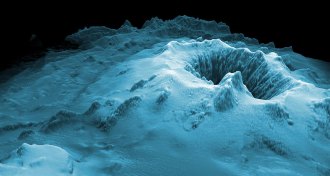 Earth
EarthRobots map largest underwater volcanic eruption in 100 years
High-resolution mapping of a 2012 underwater volcanic eruption just goes to show there’s a lot we don’t know about deep-sea volcanism.
-
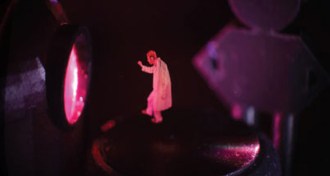 Tech
TechLasers trace a new way to create hovering hologram-like images
Hovering 3-D images pave the way for futuristic displays that could be used for education or entertainment.
-
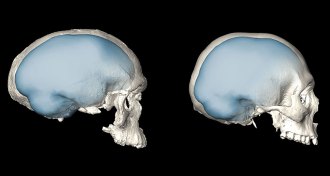 Anthropology
AnthropologyHuman brains rounded into shape over 200,000 years or more
Ancient humans’ brains slowly but surely became round, scientists say.
By Bruce Bower -
 Genetics
GeneticsBaby macaques are the first primates to be cloned like Dolly the Sheep
Scientists have cloned two baby macaque monkeys with the same technique used to clone Dolly. The research could help advance the cloning of other species.
By Dan Garisto -
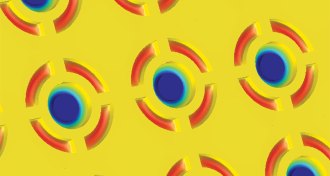 Materials Science
Materials ScienceNew device can transmit underwater sound to air
A newly created metamaterial takes a shot at solving the problem of hearing underwater sounds from the surface.
By Dan Garisto -
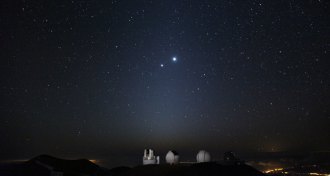 Astronomy
AstronomyStars with too much lithium may have stolen it
Some small stars have extra lithium before they grow old, suggesting they get extra amounts of the element from an external source.
-
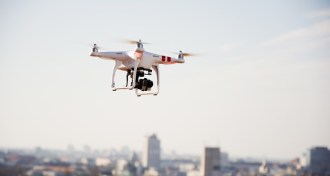 Tech
TechNew technique could help spot snooping drones
There may be a new way to tell if a drone is creeping on you or your home.
-
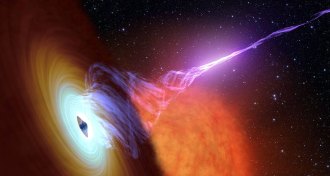 Astronomy
AstronomyMysterious high-energy particles could come from black hole jets
Three types of high-energy cosmic particles could all have the same source: black holes in galaxy clusters.
-
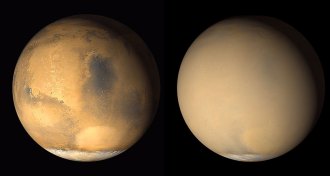 Planetary Science
Planetary ScienceMassive dust storms are robbing Mars of its water
Mars was once lush with water. A new analysis of Martian climate data shows a mechanism that might have helped dehydrate the planet.
By Dan Garisto -
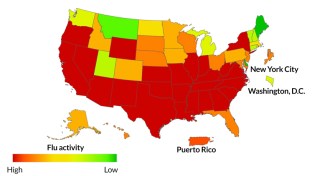 Health & Medicine
Health & MedicineNew twist on a flu vaccine revs up the body’s army of virus killers
A new approach to flu vaccine development makes influenza virus extra sensitive to a powerful antiviral system.
-
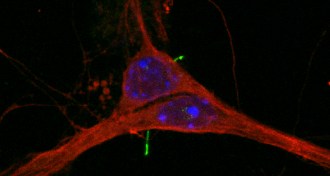 Neuroscience
NeuroscienceCilia in the brain may be busier than previously thought
A hairlike appendage sticking out of brain cells may be much more important in the brain than scientists realized.
-
 Life
LifeLight pollution can prolong the risk of sparrows passing along West Nile virus
Nighttime lighting prolongs time that birds can pass along virus to mosquitoes that bite people.
By Susan Milius